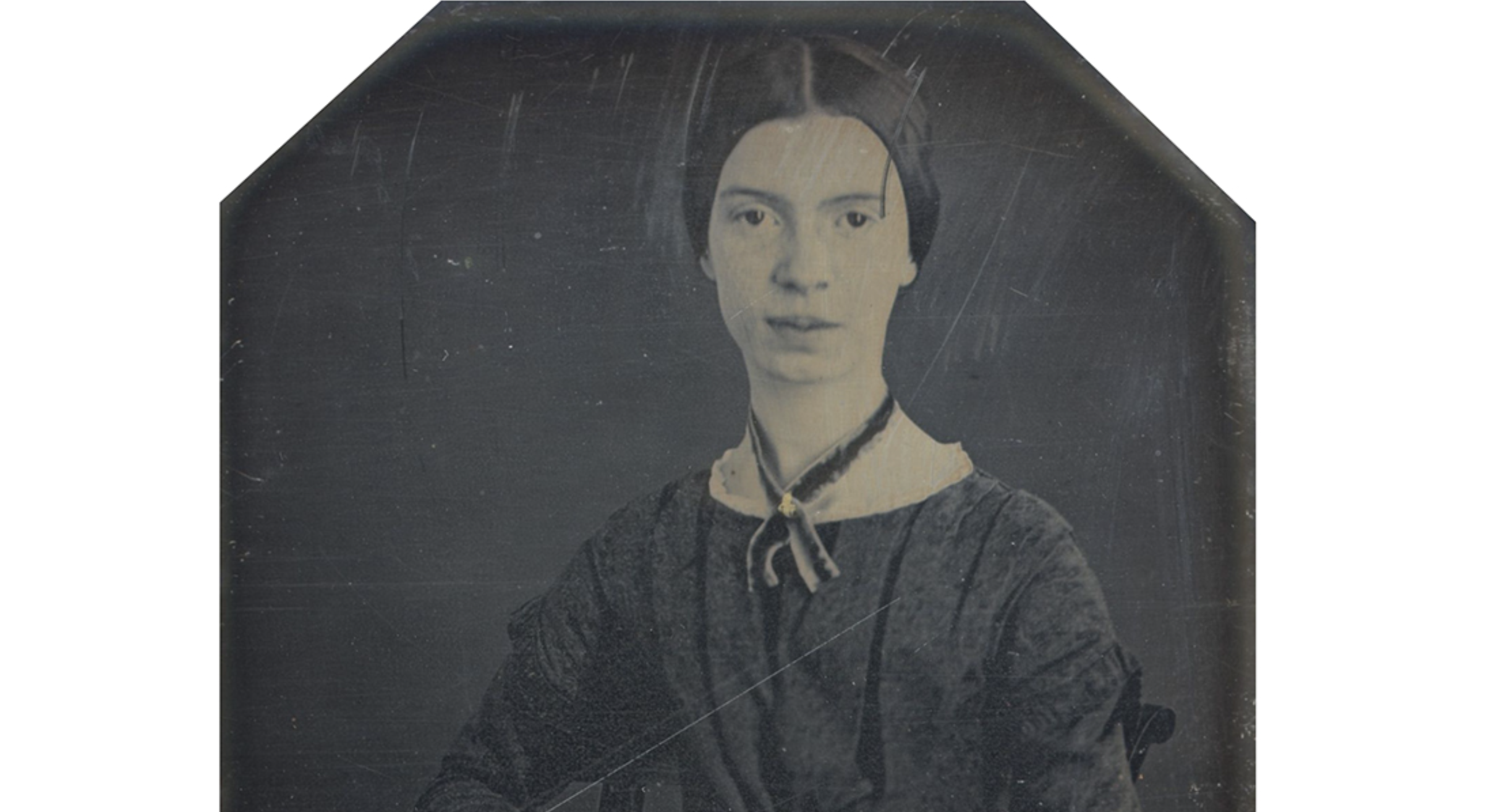Texas Republicans want to allow anyone with a license to deny sevice to LGBTQ people
People in hundreds of professions across the state would be protected from legal action if they discriminate

Earlier this week, the Texas Senate voted 19-12 to pass a bill that would allow any licensed professional to potentially refuse to provide service to LGBTQ people.
Senate Bill 17, sponsored by Sen. Charles Perry (R-Lubbock), would allow occupational license holders — which run the gamut from social workers to lawyers to teachers to health care professionals, just to name a few — to cite “sincerely held religious beliefs” if they are at risk of losing their license if they are accused of discrimination. The bill would also prevent licensing boards from adopting regulations that burden an applicant or license holder’s “free exercise of religion.”
The bill does not apply to police officers, or to first responders or doctors who are expected to provide emergency or life-saving medical care. The bill passed the Senate, with only one Republican senator voting against it. The measure now heads to the State House of Representatives.
Perry claims the bill provides a pre-emptive defense for any professionals who might have themselves threatened with the loss of their license or termination based on conduct or speech related to their religious beliefs. He insists that “this bill does nothing to promote any illegal or discriminatory activity,” reports the Texas Tribune.
The bill has understandably received criticism from the LGBTQ community, with the Human Rights Campaign calling Senate passage of the bill “a dark moment for Texas.”
“This bill would allow state-sanctioned discrimination against many Texans, but would particularly impact the LGBTQ community,” Rebecca Marques, HRC’s Texas state director, said in a statement.
“Before the session began, Texas’ elected officials promised to focus on key issues important to all Texans and not to revisit the fights of the previous session,” Marques said, referring to the 2017 fight over the bathroom bill and Gov. Greg Abbott’s campaign promise last year that he would not prioritize controversial bills such as those that strip away LGBTQ rights. “Instead, it’s legislative deja vu, as Dan Patrick is pushing a discriminatory anti-LGBTQ agenda yet again. We implore the House of Representatives to not take up this harmful bill.”
The bill, one of 19 anti-LGBTQ measures up for consideration this year, has already been criticized by major businesses like Amazon, Facebook, and Google, as well as tourism officials from some of the state’s biggest cities, who have argued that passing anti-LGBTQ laws makes it more difficult for them to attract and retain talent. The companies also say that anti-LGBTQ measures make them more reticent to expand or relocate to states where such laws exist.

Angela Hale, a spokesperson for Equality Texas, told Metro Weekly that the LGBTQ rights group has designated SB 17 as “the No, 1 threat to the LGBTQ community in Texas this year,” and, as such, has been lobbying lawmakers to stop the bill from passing the House. She called the bill an example of a broken promise by Lt. Gov. Dan Patrick (R), the leader of the Senate.
“SB 17 is a very broad bill, much broader than the bathroom bill, and can do much more damage to people across the state of Texas by applying to any profession that’s licensed by the state of Texas. And so not only does it put hundreds of professional activities at risk that would empower people to protect their discriminatory behavior, even though they say they exempt ‘life-saving care,’ it can still put lives at risk,” said Hale.
“Suppose someone was suicidal — and there was testimony to this effect at the hearing on SB 17 — if that person needed counseling, and the counselor refuses to listen to this person because they’re LGBTQ, that could cause that person to maybe not be alive today,” she said. “Not only that, even though it exempts emergency personnel, what happens if you need a hysterectomy? It causes a huge problem with health care across hospitals.
“It causes huge problems in LGBTQ people’s everyday lives,” she continued. “If your car breaks down and you go to a car mechanic to get your car fixed, and somebody says, ‘Well, my personal religious beliefs make it so I can’t work on your car,’ but you have a flat tire and you can’t go anywhere. Or you go to the pediatrician, if you’re a lesbian couple, and they don’t want to treat your sick child. It goes on and on. It creates complete chaos in a state where no chaos is needed.
“There are already protections for religious liberty in the Constitution,” Hale concluded, noting that it wouldn’t just apply to instances of discrimination against LGBTQ people, but other minority groups. “We believe in religious freedom, but religious freedom was never intended to be a license to discriminate.”

Luca Maurer, program director for The Center for LGBTQ Education, Outreach, and Services at Ithaca College, says the bill is one of the broadest he’s seen in instances where lawmakers have touted the need for “religious freedom” legislation.
“What’s interesting is that when people think of licensed professions, they think of health care providers,” he says. “But there are also lots and lots of other licensed professions, so that would include everyone from hairdressers and barbers, to plumbers and electricians, to teachers, manicurists, dog trainers, auctioneers, interior designers. That means there’s a long list of people in professions who could choose not to serve people if they believe serving the person conflicts with their religious beliefs.”
Maurer says that the bill would effectively cut out any potential legal remedy that someone who is the victim of discrimination might seek out, and enable hundreds of other professionals to met out their own brand of judgment — and not just against LGBTQ people. For instance, he notes, a teacher might refuse to allow a Muslim student in her class, or a pharmacist might be justified in refusing to fill a prescription because they disagree with a patient’s lifestyle or health care choices.
“[B]ecause of the way it’s worded, I worry about the precedent,” Maurer says. “We’ve been down this path before, trying to justify other kinds of discrimination, and other forms of blatantly, flagrantly refusing to provide people with the services and products they need to be able to live, and try to justify that using religion.”
Even when it comes to LGBTQ people, Maurer believes proponents of the bill are setting up a false argument that LGBTQ people cannot be people with sincerely held religious beliefs or people of faith, a claim that is both false and a form of misinformation.
“This bill is an attempt to weaponize faith,” Maurer says. “I can think of a whole host of ways that people may want to try to use it against anyone whose identities or experiences they don’t like, and that to me is something very different than an exercise of faith.”
Support Metro Weekly’s Journalism
These are challenging times for news organizations. And yet it’s crucial we stay active and provide vital resources and information to both our local readers and the world. So won’t you please take a moment and consider supporting Metro Weekly with a membership? For as little as $5 a month, you can help ensure Metro Weekly magazine and MetroWeekly.com remain free, viable resources as we provide the best, most diverse, culturally-resonant LGBTQ coverage in both the D.C. region and around the world. Memberships come with exclusive perks and discounts, your own personal digital delivery of each week’s magazine (and an archive), access to our Member's Lounge when it launches this fall, and exclusive members-only items like Metro Weekly Membership Mugs and Tote Bags! Check out all our membership levels here and please join us today!




























You must be logged in to post a comment.